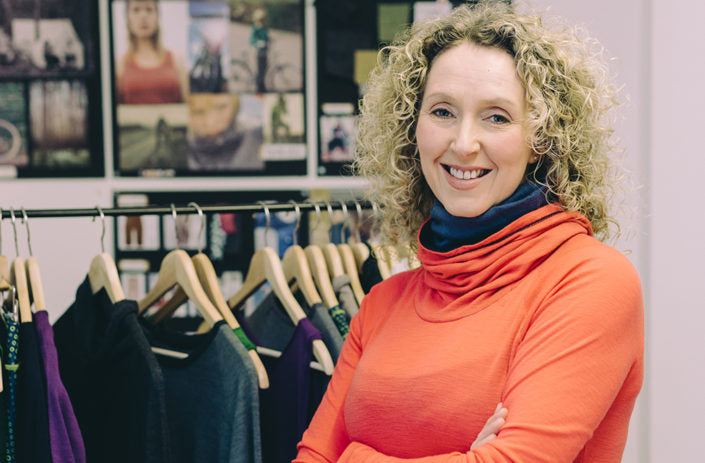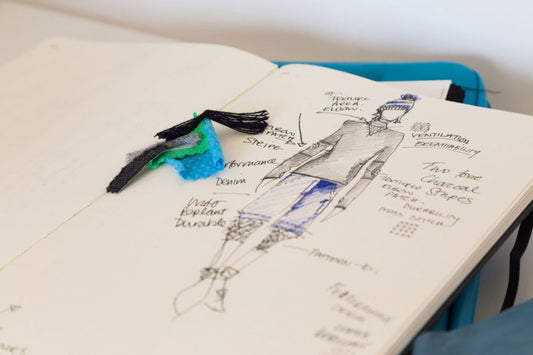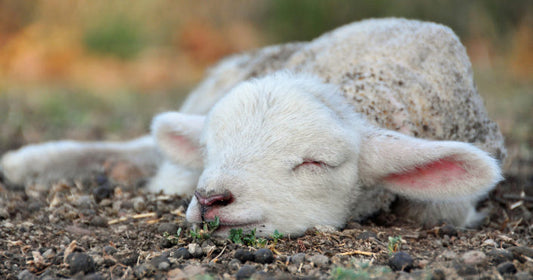The Scotsman
Emma Newlands (e-mail)
She launched women’s bikewear and outdoor apparel firm Findra in December 2014, after perceiving that other kit available was out of touch with what female consumers were looking for.
Alex Feechan now says the opening next week of its first shop, in the Borders town of Innerleithen where Findra is based, marks a “major milestone” for the business, which aims to make the move into retail a key part of its growth. “We’ve got a very clear vision as to how that side could evolve, and we’ll see how that goes,” she says.
“Right from the start I’ve believed we have an opportunity to be a global brand”
– Alex Feechan
The new site, also including a community hub, is expected to have a highly-beneficial impact on turnover and profit, and comes after the brand held various pop-up shops over the last few years. “It’s an opportunity to showcase the brand and the products, but also to engage with customers, so all of that should be very positive and beneficial to the bottom line,” she says.
• READ MORE: Bike-wear brand Findra lands £200,000 investment
Findra has seen a “big” increase in turnover every year, and expects this to reach about £300,000 this year, while it also now has seven staff, with plans to boost this by a couple over the next few years, which “will help with the strategic positioning of the brand and how we grow”.
Feechan explains the firm’s roots, with the seed of an idea planted after her own passion for mountain biking led her to find a gap in the market.
“I went along to my local shop, and was really quite disappointed with what I discovered,” she says, finding female bikewear subjected to the “shrink it and pink it” philosophy often applied to products for women.
She decided to take her expertise in fashion and textiles to come up with a solution, having worked on knitwear for fashion houses such as Chanel, Calvin Klein and Escada. “I quite quickly worked out that seemed like a bit of an afterthought of the men’s ranges.”
This is despite Verdict forecasting that the women’s activewear market will increase 22.6 per cent by 2020, outstripping the 19.9 per cent jump expected in the male equivalent.
Feechan adds: “I’d met some amazing women that I’d gone cycling with and who really loved to be outdoors at the weekends … I felt like they were being let down, in a sense, by the fact that the kit that was available wasn’t that great.”
She also saw that the garments’ needs extended beyond suitability for being, say, on a bike, to suit the “huge social aspect” that comes with it.
“I saw this as a real opportunity to make a difference, and do something far better. That was the point at which I thought I would really love to do something and build my own brand to really address this issue.”
– Alex Feechan
She went through business accelerator Entrepreneurial Spark, and undertook extensive research on whether the idea had wheels. “It was a big step to leave a job, invest in a business and start to build a brand, so I wanted to be sure that it wasn’t just something I thought I would like.”
Finding that there was indeed such a need, with feedback from customers since that they use its products for a range of outdoor activities, Feechan’s accolades include being a finalist in the 2016 AccelerateHER Awards and helping launch the following year’s programme.
The business has also been boosted with funding such as £200,000 from TRI Capital, Investing Women and the Scottish Investment Bank. That sum, announced in September, was “fantastic”, she says. However, it was not without some anxiety, as just as it was being finalised, the UK voted to leave Europe, throwing into question whether the deal would go ahead.
Feechan admits that while it was nerve-racking, it tied in with her belief that as entrepreneur, “you just have to take on board those challenges — and get comfortable being uncomfortable”. She takes a similarly glass-half-full approach over the impact of the falling pound on imports, given that Findra uses Merino wool from New Zealand that is then spun in Italy, and brought into the UK to be turned into garments. “There have been a few increases that we’ve had to address, but on the other side there’s a huge opportunity for export – and that’s fantastic.”
Export is in a “very small proportion” of its business, but key in its growth strategy, with Scandinavia in its sights. “Right from the start I’ve believed we have an opportunity to be a global brand.”
30-SECOND CV
Born: 1972, North Lanarkshire
Education: 1st class hons degree in industrial design and textiles at Heriot-Watt University, MA fashion/textiles at Royal College of Art
First job: Junior designer – Toast
Ambition while at school: To design clothes
What car do you drive? Ford Tourneo with dreams of it being a VW camper van!
Favourite mode of transport: Bike
Music: An eclectic mix!
Kindle or book? Book
Reading material: Business books, and/or various autobiographies
Can’t live without: My family and our dog Horace
What makes you angry? Apathy
What inspires you? People, nature, creativity and business
Favourite place: The Tweed Valley
Best thing about your job: I created it




